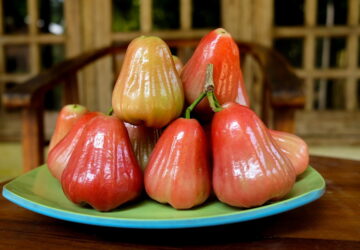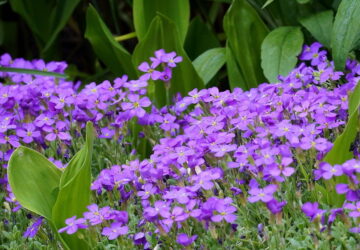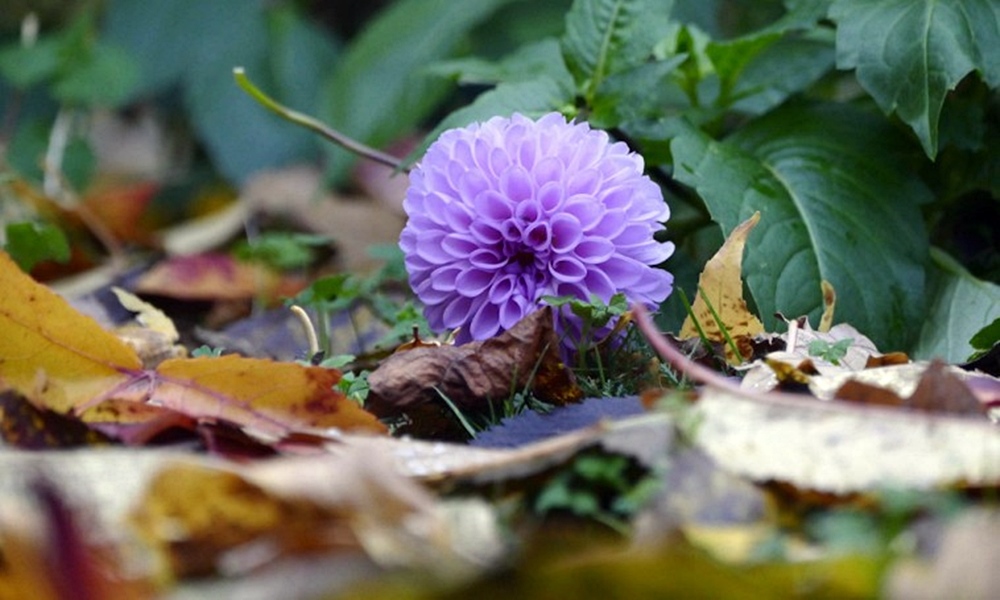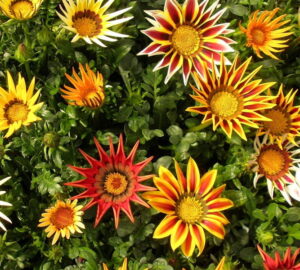We humans have an innate desire to maintain order in our surroundings, often projecting our obsession onto the natural world. One common manifestation of this is the compulsion to remove fallen leaves from our gardens using an array of machinery and tools. However, it’s essential to remember that everything in nature has its place in the grand cycle.
In Autumn, Rake Fallen Leaves from the Lawn Only
Apart from the undeniable fact that devices like leaf blowers contribute significantly to noise pollution, their impact is even more far-reaching. These mechanical marvels disturb the microorganisms and tiny organisms that reside in the soil, propelling them into the air or, worse yet, vacuuming them up alongside the fallen leaves. Let’s shift our perspective and view our gardens as thriving ecosystems, abandoning the use of such devices.
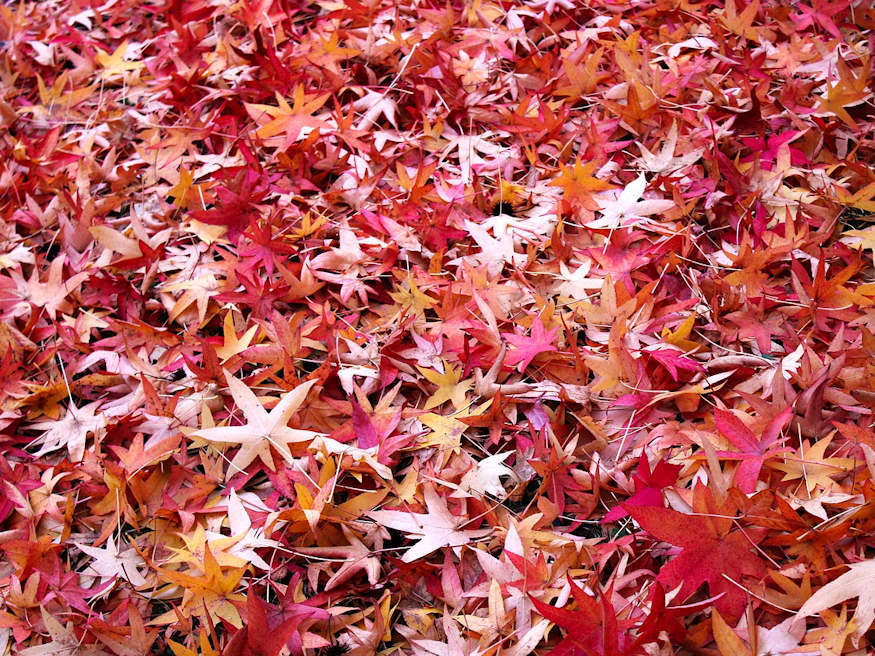
Fallen leaves are an integral part of nature. They serve as mulch for our vegetable and flower beds, providing insulation against frost for the base of plants and a cozy refuge for hedgehogs. The only place where allowing fallen leaves to remain is not ideal is the lawn, where the grass beneath can become susceptible to fungal diseases and begin to deteriorate. In this specific case, rather than removing them, it’s best to gather the fallen leaves with a trusty rake and relocate them to a more suitable spot.
Of particular value are the leaves from fruit trees, which decompose readily. Leaves from cherry and apple trees, for instance, often transform into humus in just a single winter. The leaves of maple, linden and hazel trees are similarly soft and decompose rapidly.
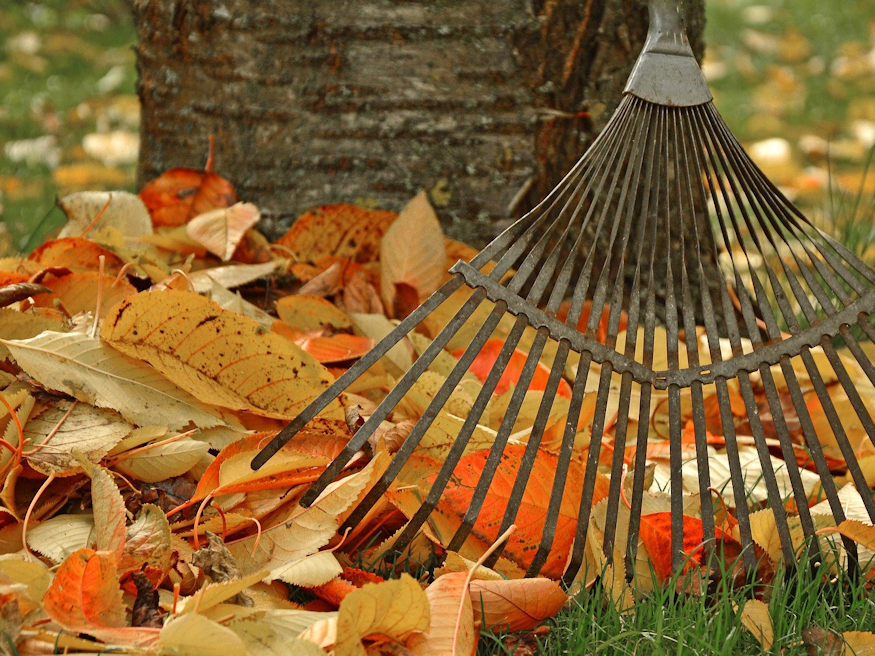
Reasons to Let Fallen Leaves Be
- Nature’s Protective Blanket: Fallen leaves provide natural protection against frost and function as a natural mulch and cover for delicate plants.
- Haven for Wildlife: Piles of dry leaves become homes for small animals, insects, beetles, spiders and even hedgehogs.
- Nature’s Pantry: Birds find sustenance in the leaf litter as they forage for beetles, worms and caterpillars.
- Soil Superstars: Fallen leaves are a vital nutrient source for earthworms, which play a pivotal role in humus formation and maintaining soil health.
- Eco-Nutrient Cycle: Leaf litter is a crucial element in the closed nutrient cycle. Think of the forests where leaves fall in autumn, decompose and supply trees with essential nutrients.
By simply raking fallen leaves into neat piles, you’re benefiting your garden and all the organisms within, without any unnecessary toil. Furthermore, you’ll save money, as you’ll require less winter protection and fertilizer for your plants.
